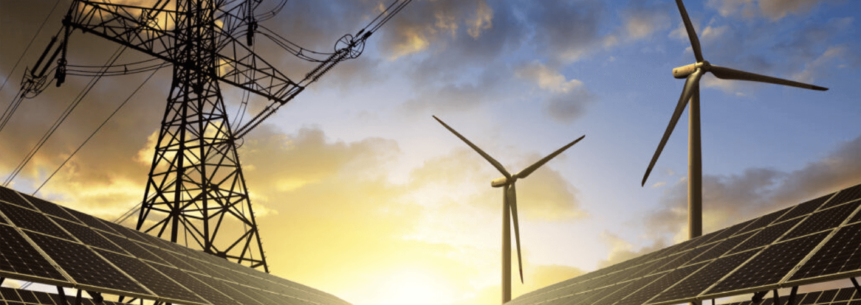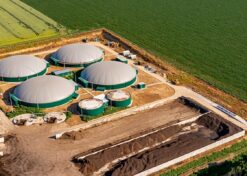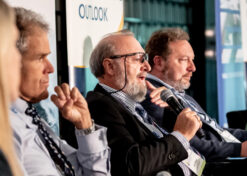
Accelerating WA’s Renewable Energy Transition: Overcoming Key Bottlenecks
Accelerating WA’s Renewable Energy Transition: Overcoming Key Bottlenecks | 29th February 2024Western Australia (WA) is on an ambitious path to decarbonize its energy grid and increase the integration of renewable and dispatchable energy sources. However, a recent report for the Australian Energy Council by Oakley Greenwood, titled “Bottlenecks affecting generation investment in WA,” has identified significant challenges that could hinder these plans. The main issues are a cumbersome grid connection process and inefficient and opaque electricity transmission planning and investment arrangements.
The Need for Reform
The report highlights the urgent need for streamlining the grid connection process to remove barriers for investors trying to bring renewable energy projects online. Currently, a “first-in, first-served” approach and a lack of transparency in the connection process and linked network development are creating uncertainty and delays, making it difficult for projects to be deployed in a timely manner to meet WA’s decarbonization targets.
Recommendations for a Smoother Transition
To address these challenges and ensure the successful transition to a cleaner energy future, the report offers several key recommendations:
- Streamlining the Grid Connection Process: Simplifying this process will provide greater certainty for investors and help projects come online faster, addressing the anticipated capacity shortfall.
- Clarifying Network Planning: Confirming Western Power (preferred) or another independent body as the single authoritative source for network planning to eliminate confusion and encourage investment.
- Basing Transmission Planning on commercial generation and demand prospects: Generation and demand prospects depend on many factors including costs (and allocations) of transmission- requiring an iterative assessment to determine commercial prospects.
- Clarifying Cost-Recovery Mechanisms: Transparent and equitable charging and cost-recovery mechanisms are crucial for attracting and securing investment in the energy sector and are essential inputs to robust transmission planning.
Conclusion
Implementing these recommendations is crucial for WA to achieve its decarbonization goals and ensure a stable, sustainable, and efficient energy supply. By addressing the current bottlenecks, WA can create a more attractive investment environment and expedite the deployment of renewable energy projects, marking a significant step towards a cleaner energy future.
Link to the AEC’s press release and the report here.



